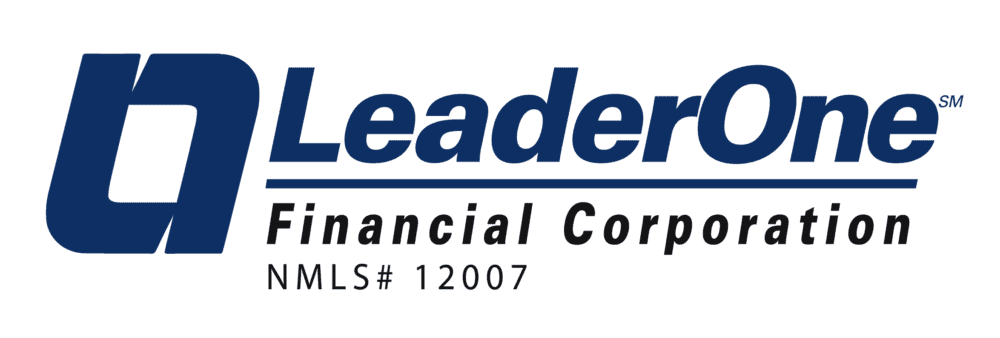In today’s evolving workforce, more people in Mission, TX are choosing to be self-employed, and with this comes the dream of homeownership. However, securing a mortgage when you’re self-employed can feel like an uphill battle. With unique income documentation requirements and stricter lender expectations, it’s essential to know how to navigate the home loan process. This guide will walk you through the essential steps to increase your chances of approval, no matter your self-employed status.
Why Getting a Mortgage as a Self-Employed Borrower is Different
Unlike salaried employees, self-employed individuals often face additional scrutiny when applying for a mortgage. Since income can fluctuate and isn’t always as predictable, lenders typically require more documentation to ensure you can reliably make your payments. But don’t let that discourage you—there are plenty of strategies you can use to improve your chances of securing a loan.
Step 1: Organize Your Financial Documents
As a self-employed borrower, preparing your financial documents is crucial. Since you don’t have pay stubs or W-2s, you’ll need to present other forms of proof. Here’s a list of what to have ready:
1. Tax Returns for the Past Two Years
Your personal and business tax returns give lenders insight into your income, business profitability, and overall financial stability. Ensure your tax returns are complete and accurate. If you’ve taken business deductions, be ready to explain them.
2. Profit and Loss Statement
A P&L statement is an essential document that reflects your business’s financial health. It outlines your income, expenses, and overall profit, helping lenders assess your ability to make mortgage payments.
3. Bank Statements
Both business and personal bank statements are necessary for showing consistent cash flow. These documents will help verify that your self-employment income is stable enough to support a mortgage.
Step 2: Improve Your Credit Score
Your credit score plays a significant role in whether you’ll be approved for a loan and the kind of terms you’ll receive. For self-employed individuals, lenders may be more cautious, so maintaining a good credit score is vital. Here’s how to boost your score:
- Pay bills on time: Timely payments are one of the most important factors that affect your credit score.
- Keep credit balances low: Aim for a credit utilization ratio of 30% or less. Keeping your balances low shows lenders that you’re financially responsible.
- Check your credit report: Ensure there are no errors or discrepancies on your report. If there are, dispute them before applying for a loan.
Step 3: Understand the Loan Options Available
As a self-employed borrower, knowing the loan options available to you can help you choose the best fit for your financial situation. Some common options for self-employed individuals include:
1. Conventional Loans
Conventional loans are often the go-to choice for self-employed borrowers with stable income and a solid credit history. However, they can be harder to qualify for since the lender may require stricter documentation.
2. FHA Loans
Backed by the Federal Housing Administration, FHA loans tend to have more flexible requirements for self-employed borrowers, especially those with lower credit scores or smaller down payments.
3. Non-QM (Non-Qualified Mortgage) Loans
Non-QM loans are a great option for those who don’t meet the standard criteria for traditional loans. These loans allow more flexibility in terms of income documentation, making them a good fit for self-employed individuals.
Step 4: Be Ready for a Larger Down Payment
Self-employed borrowers are sometimes required to put down a larger down payment compared to salaried employees. While traditional loans may require a 20% down payment, expect to put down 25% or more to offset the perceived risk from lenders.
A larger down payment can also benefit you in the long run by lowering your monthly mortgage payments and avoiding Private Mortgage Insurance (PMI).
Step 5: Consider Working with a Mortgage Banker
Working with a mortgage banker can be especially helpful for self-employed individuals. Mortgage bankers have access to a wide range of lenders and can help you find the loan options that best fit your unique situation. They can also assist in gathering and presenting the required documentation in a way that makes you look like a strong candidate.
At LeaderOne Financial, our team of mortgage bankers specializes in working with self-employed borrowers. We’ll help you choose the best loan options, walk you through the documentation process, and ensure you’re on track to secure the loan that works for you.
Conclusion
Securing a mortgage as a self-employed individual in Mission, TX may come with its challenges, but with the right preparation and approach, it’s entirely achievable. By organizing your financial documents, improving your credit score, and choosing the right loan option, you can streamline the process and increase your chances of approval.
If you’re ready to start your journey toward homeownership, LeaderOne Financial is here to help. Our team is experienced in working with self-employed borrowers, and we’ll guide you through the process with ease.
Take the first step today!Contact us for a free consultation, and let’s discuss how we can help you secure the mortgage you deserve.
